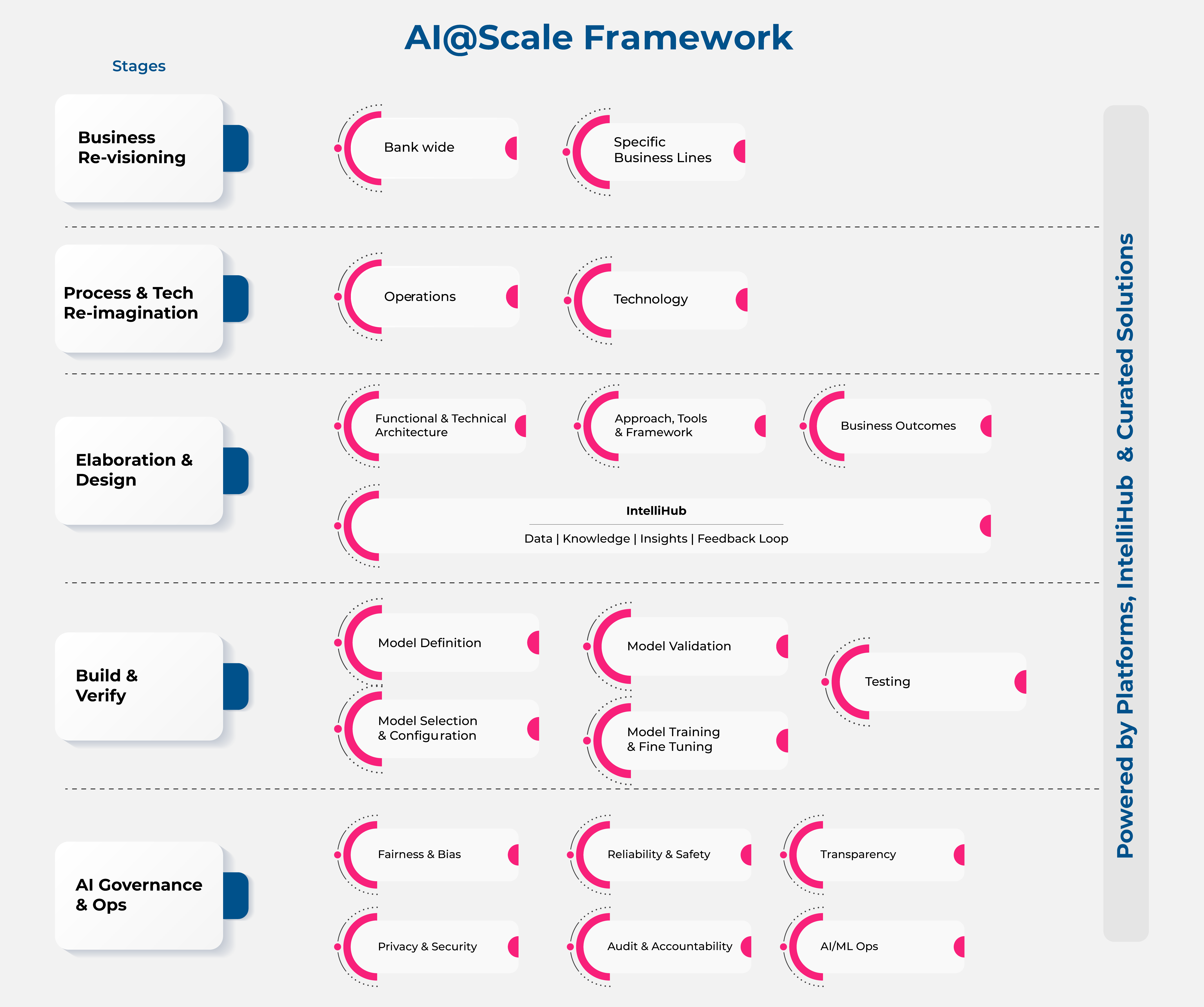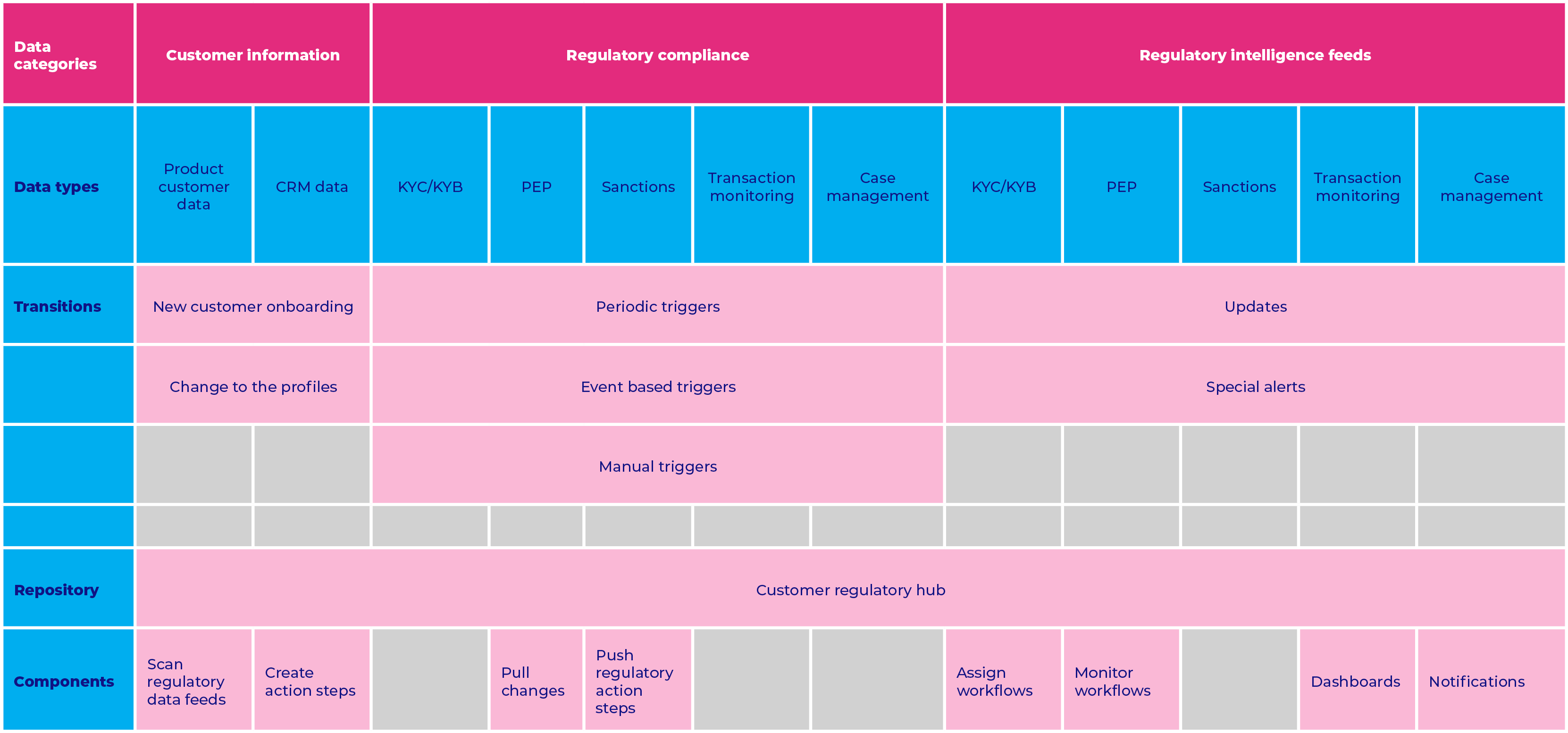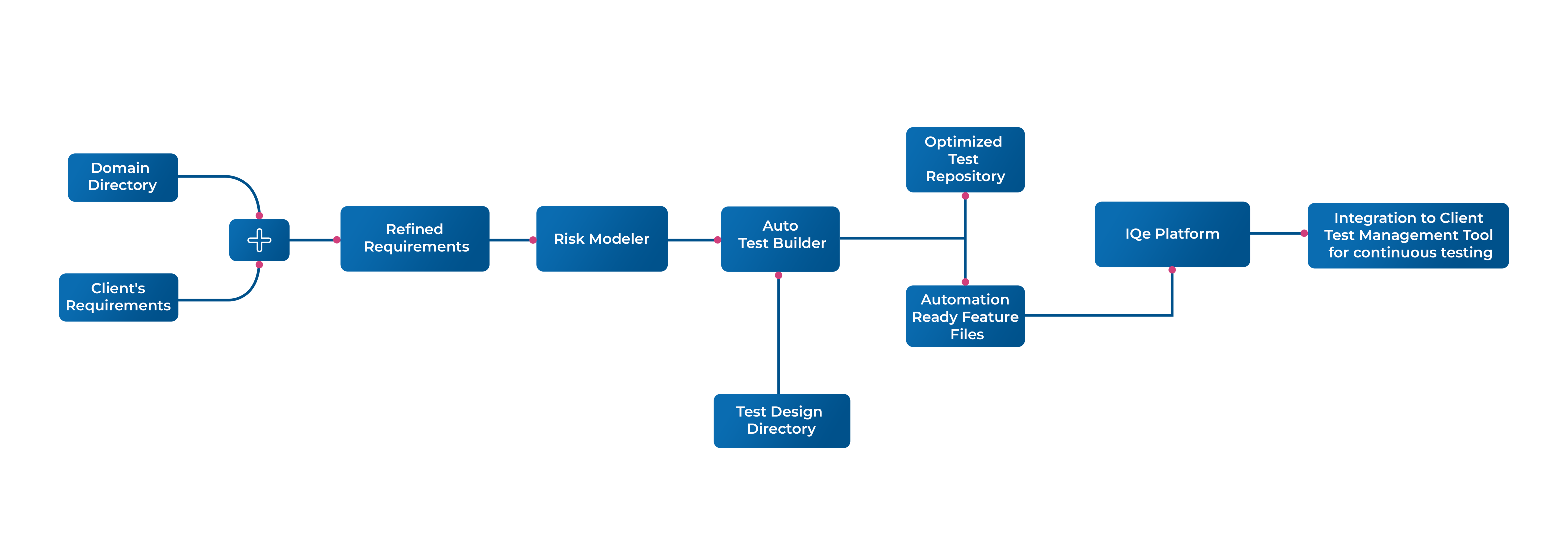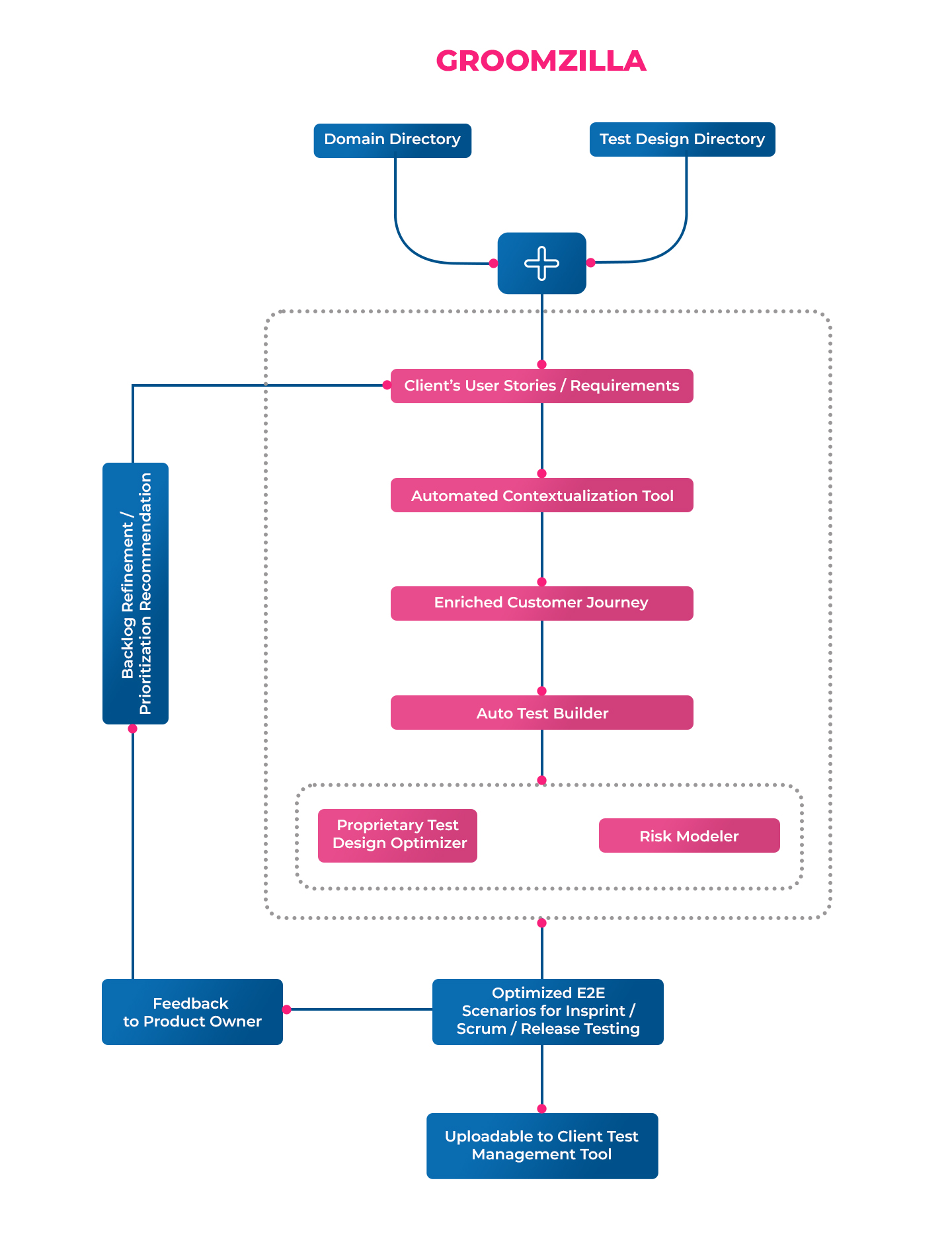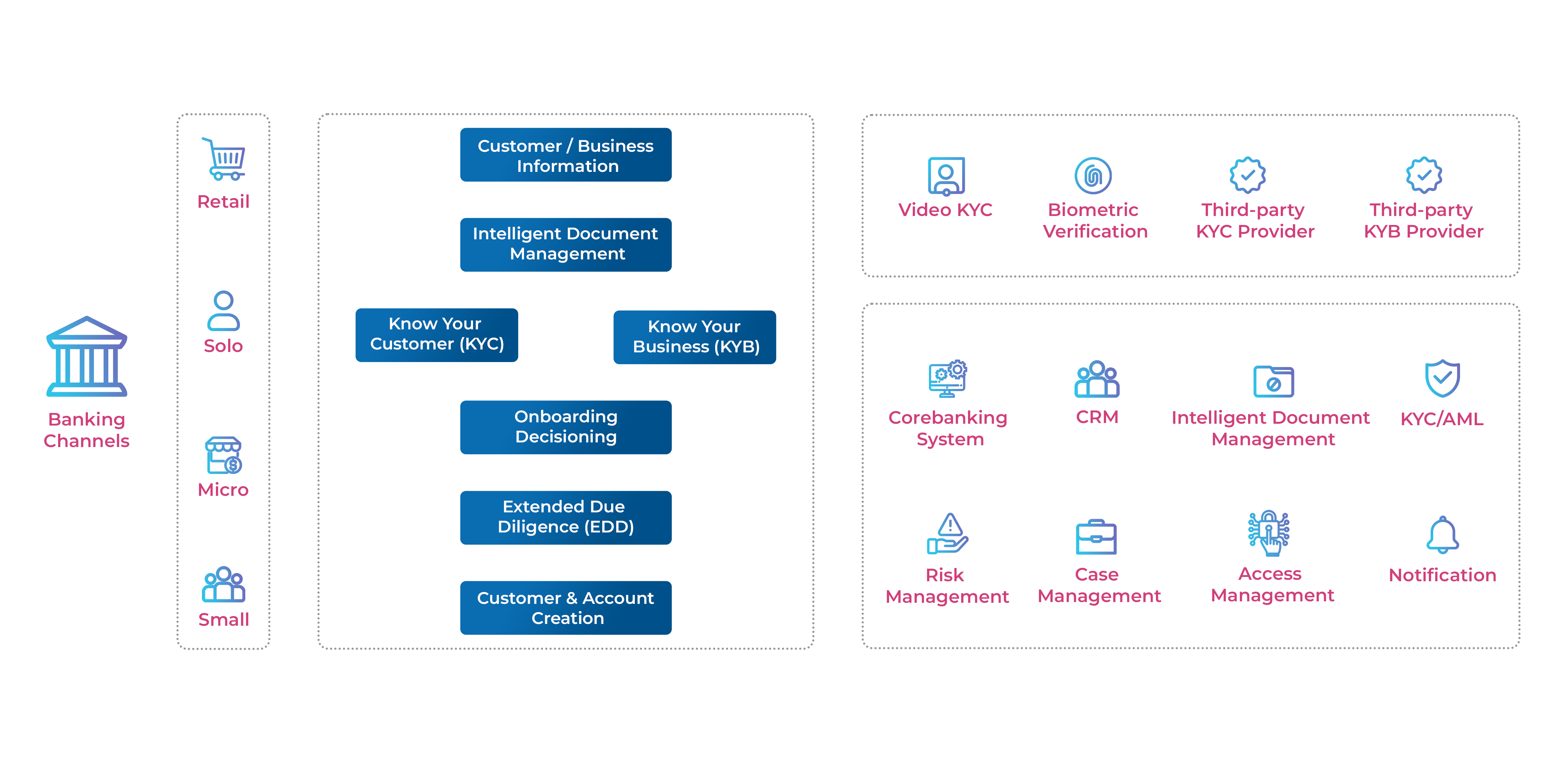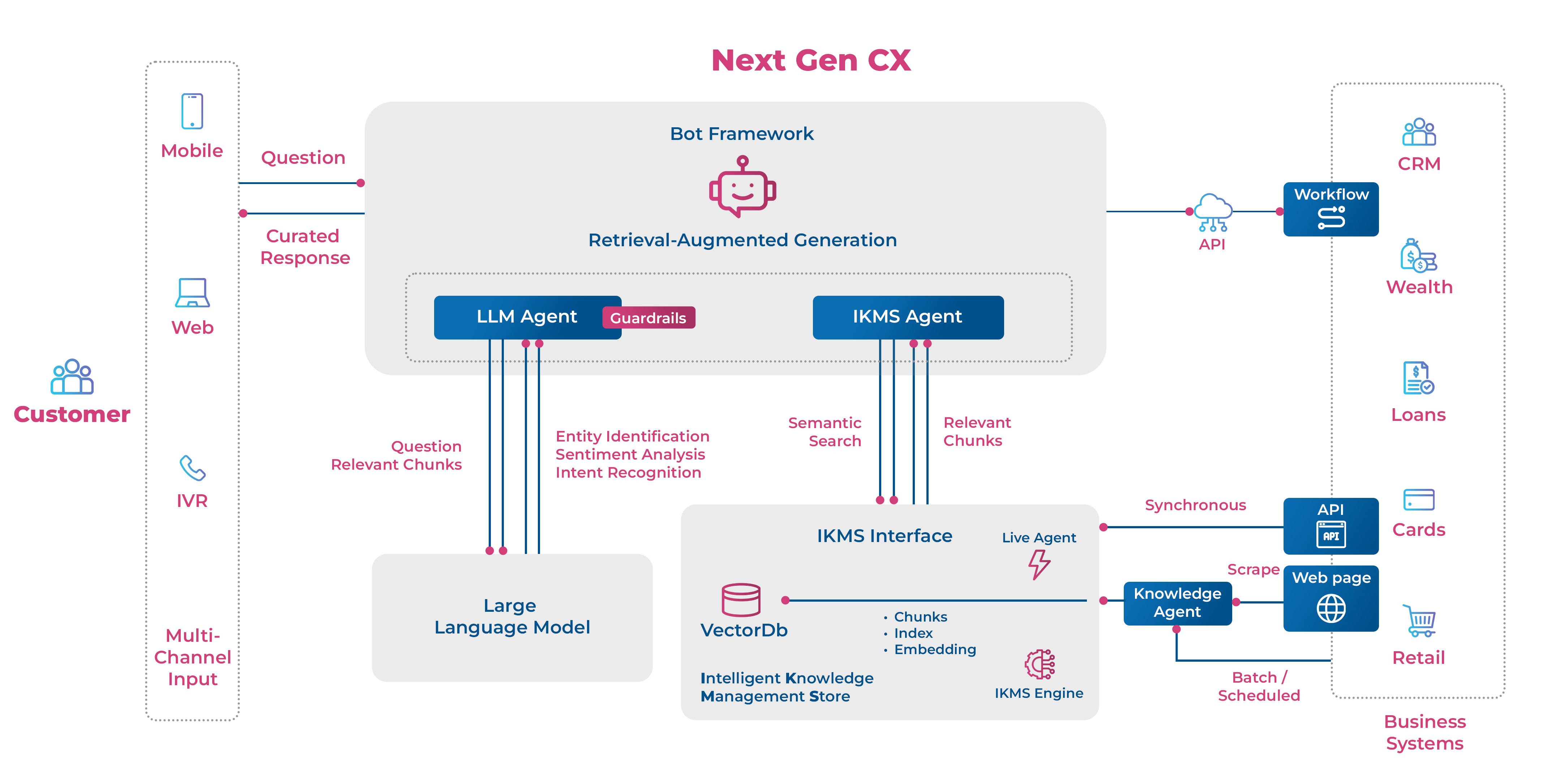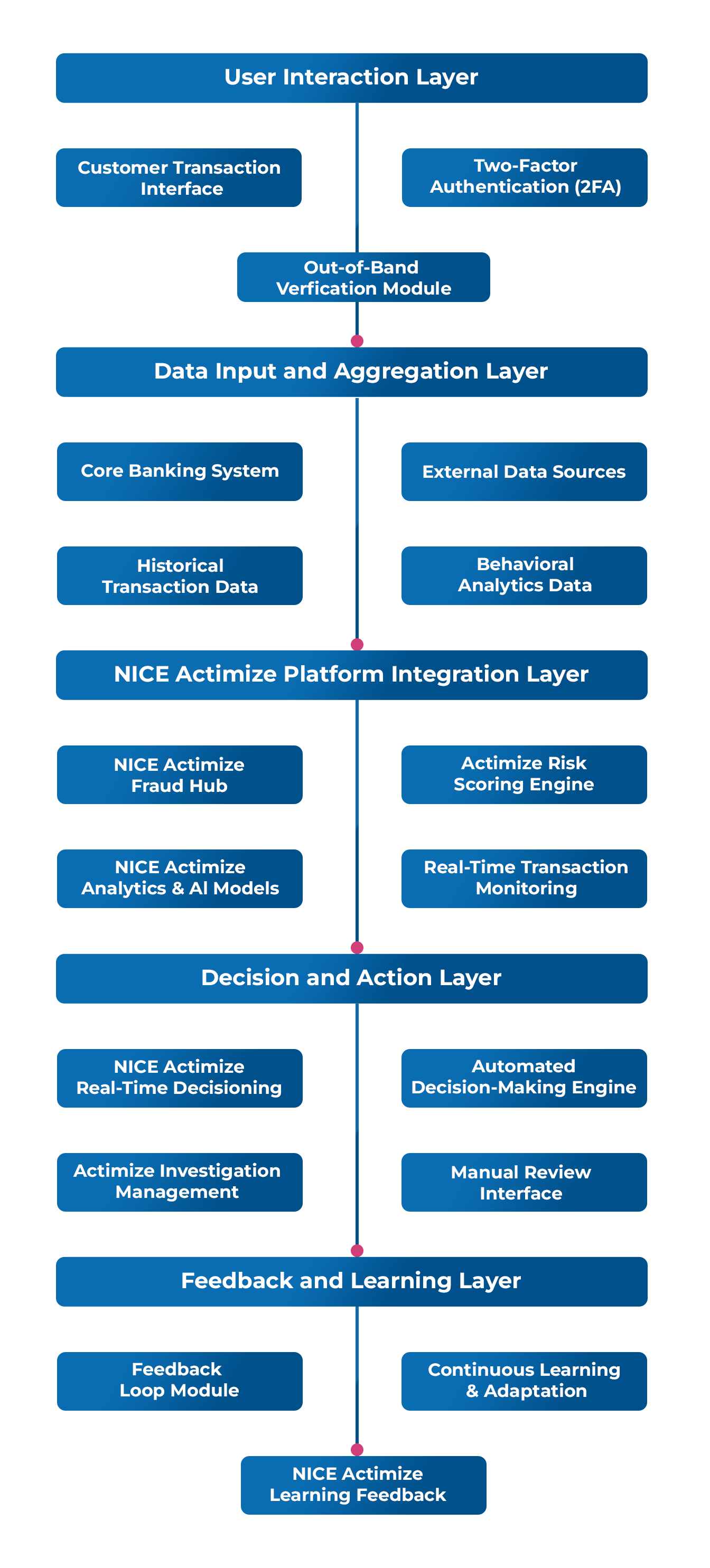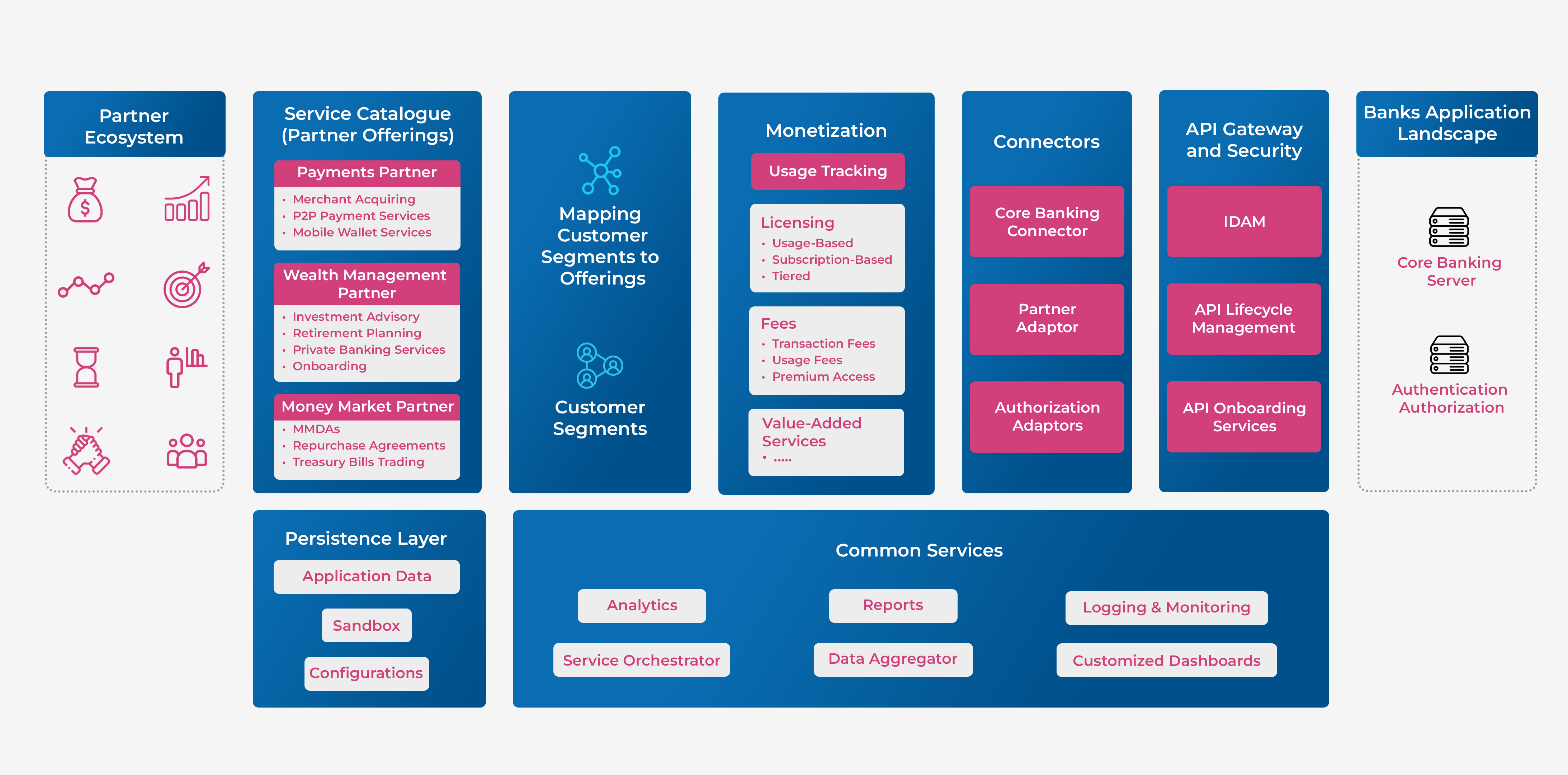Go to Section
Today Regulatory Compliance and Data Governance
must be viewed as a business imperative.
Data is a strategic asset, and regulatory compliance is an innovation enabler. More than ever
before, BFSI entities realise that effective regulatory compliance and reporting is a
competitive differentiator.
What are the crucial themes for 2023’s
Regulatory Compliance Narrative?

Climate Risk Management
and ESG Priorities

Community Reinvestment Act
(CRA) Regulatory Modernization

Compliance and
Consumer protection

Heightened focus on
Financial Crime Management
and AML act

Cryptocurrency

Impact of the
Ukraine-Russia conflict

Cybersecurity
Regulatory Compliance Landscape
in the EU
ESG: Embed in all EBA’s products and activities
Five Vertical Priorities (VP) in the EU
have been further prioritized
HP1 2023-ESG: Execution of the ESG roadmap
Other Key Changes in the
EU’s Regulatory Compliance Landscape

Implementation of restrictions on Russia following the attack on Ukraine

Systemic risk buffer by the National bank of Belgium

Supervisory review and evaluation process (SREP) and categorization of institutions

EBA Reporting Framework and Validation Rule changes and securitization

Additional liquidity monitoring metrics

Extended Warning Validations and Error Validations

Financial Crime Management - Drivers, Coverage, Benefits, Major areas, Obliged Entities, Financial Supervisors, New Rule Book, Customer Due Diligence, PEP, Beneficial Ownership

Crypto currencies and BCBS proposed changes, including MiCA (markets in Crypto Assets)

ESG and DORA
Regulatory Compliance Landscape
in the US

Changes in the Regulatory Reporting across trading in US treasury and debt and mortgage-backed securities

Changes in the Validation Rules with validity and quality edits

Enhanced Drive for Financial Crime Management

Increased scrutiny for Cryptocurrency, ESG and Operational Resilience

Changes in Regulations for Community Banks and Financial Market Utilities
Why are the Regulatory Reporting Platforms
gaining prominence?

The emergence of comprehensive platforms to address COREP, FINREP, Liquidity, Stress testing, and IFRS

Platforms are needed to address jurisdictional requirements across Asia, EU, and the US

The evolution involves segregation of transaction data collation and validation from the computation part so that the reporting is faster and on time

The evolution of digital intelligence platforms provides regulatory information in a structured and digital form
Regulatory Reporting
Platforms Architecture
- Regulatory Intelligence
- Regulatory Reporting
- Risk Computations
- Data Lineage
- ETL
- Analytical and Visualization
Why are Financial Crime Management
Reporting Platforms Crucial?

Increased shift to digital fulfillment, partly accelerated by Covid and further accentuated by the growing digital savvy and native customers

Cyber threats have grown in sophistication and are keeping pace with digital growth

Supervisors are coming up with regulatory changes at a pace unknown before to cope with the trends both in digitization as well as cybercrime and the activism on the consumer side
Regulatory Reporting
Platforms Architecture
- Identity and authentication
- KYC, KYB and Pep scanning
- Customer Life Cycle
- Security Tools
- Regulatory Intelligence
- Documents scanning and conversion
- KYC, KYB and Pep scanning
- Transaction monitoring
- Payments
- Alerts
- Regulatory Intelligence
- Case Management

